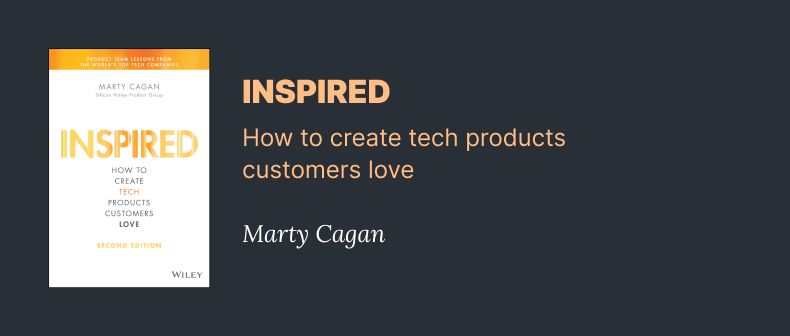Essential books to read for the product designer

The following books have been instrumental for me in broadening my understanding of design and becoming the designer I am today. Each of these was recommended to me by colleagues and managers over the past 20 or so years. My hope is that you'll take teachings from each of these and broaden your own understanding of what design is, and can be, in your own career.
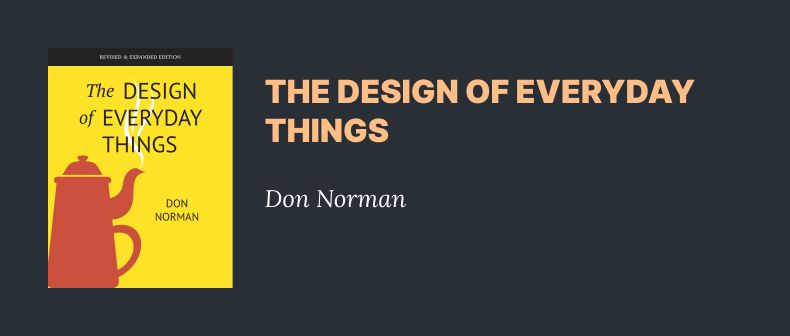
Design of everyday things - Don Norman
If you haven’t read this book, it’s an essential read for any designer seeking to create intuitive and user-friendly products. The book, first published in 1988, emphasizes the importance of user-centered design principles. Don Norman introduces the concept of "affordances," which help designers understand how users interpret and interact with their interfaces. He also highlights how confusing or counterintuitive design can lead to frustration and errors for users.
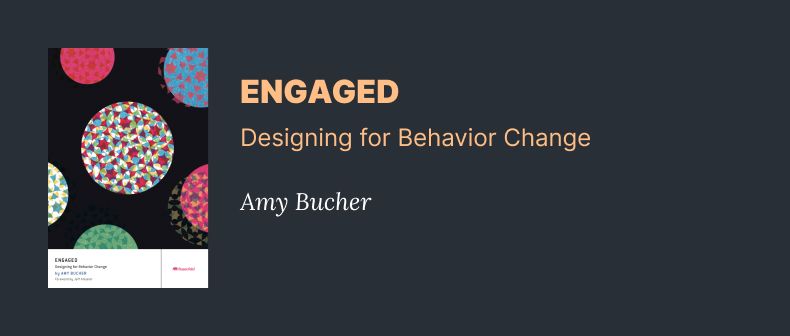
Engaged - Amy Bucher
If you’re looking for a book that is specifically tailored towards creating ethical products and experiences, Engaged by Amy Bucher is it. She discusses the responsibility on designers' shoulders to prioritize users' well-being. She looks in depth at psychology, human behavior, and design, and promotes a framework for designing experiences that motivate users to make healthier and more desirable choices. She also emphasizes the importance of understanding the underlying motivations and barriers that influence human behavior. The book has lots of practical examples and case studies that provide strategies for designing for and encouraging positive behaviour change.
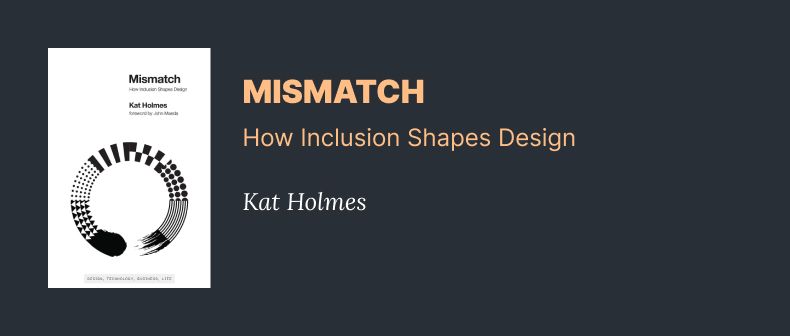
Mismatch - Kat Holmes
I’d followed Kat’s work at Microsoft for a few years and was eager to read more about her process. Mismatch is a great book for understanding how to create inclusive and accessible design work. The book presents numerous examples and case studies illustrating how thoughtful design can break down barriers and empower individuals with disabilities to lead more independent and fulfilling lives. It emphasizes the importance of involving diverse voices and experiences in the design process to ensure that products and environments are truly inclusive.
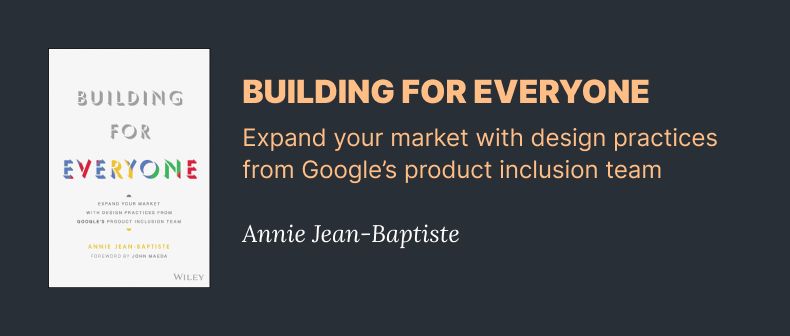
Building for everyone - Annie Jean Baptiste
As an accompaniment to Mismatch, Annie Jean Baptiste’s book, Building for Everyone, is a great resource for product designers aiming to create products and experiences that are inclusive and accessible to a diverse user base. The book emphasizes that inclusion isn't just a moral imperative but also a strategic advantage, as it expands a product's reach and potential impact. She offers practical steps for integrating inclusion into your design process, and case studies to show how others have accomplished it.
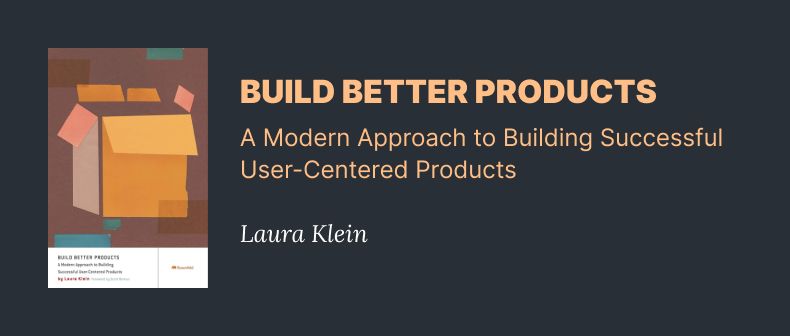
Build better products - Laura Klein
From the co-host of the recently retired What Is Wrong with UX? podcast, Build Better Products from Laura Klein is an essential read for product designers looking to improve their skills and create more successful, user-focused products. She offers a comprehensive guide that emphasizes the importance of user-driven design. The book provides strategies and actionable techniques to help designers make informed decisions, prioritize features effectively, and iterate toward better outcomes. There is an emphasis on user research and validating assumptions by talking to real users, ensuring the product meets expectations and solves their problems.

Yuval Noah Harari - Sapiens
Sapiens and the other two books in the trilogy, Homo Deus and 21 Questions for the 21st Century, are all incredibly thought-provoking books. Sapiens delves into human nature and history. For product designers, understanding this history can shed light on the fundamental needs, behaviors, and desires that have shaped human beings throughout our existence. As with other books that I’ve noted, Harari talks about the power of storytelling in unifying societies and creating emotional connections with each other. Understanding the past and how Humans have survived and evolved can help your work become more meaningful to the needs of users.
Next up in the series
